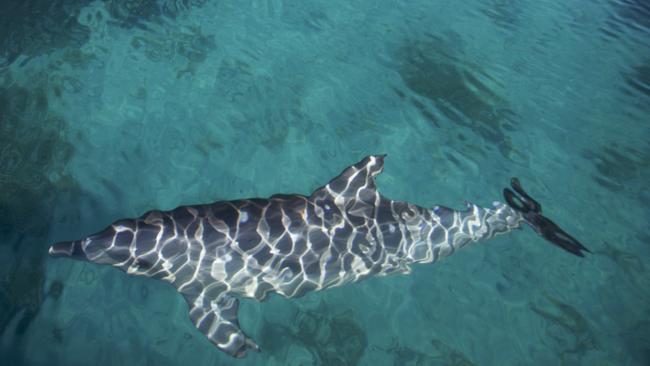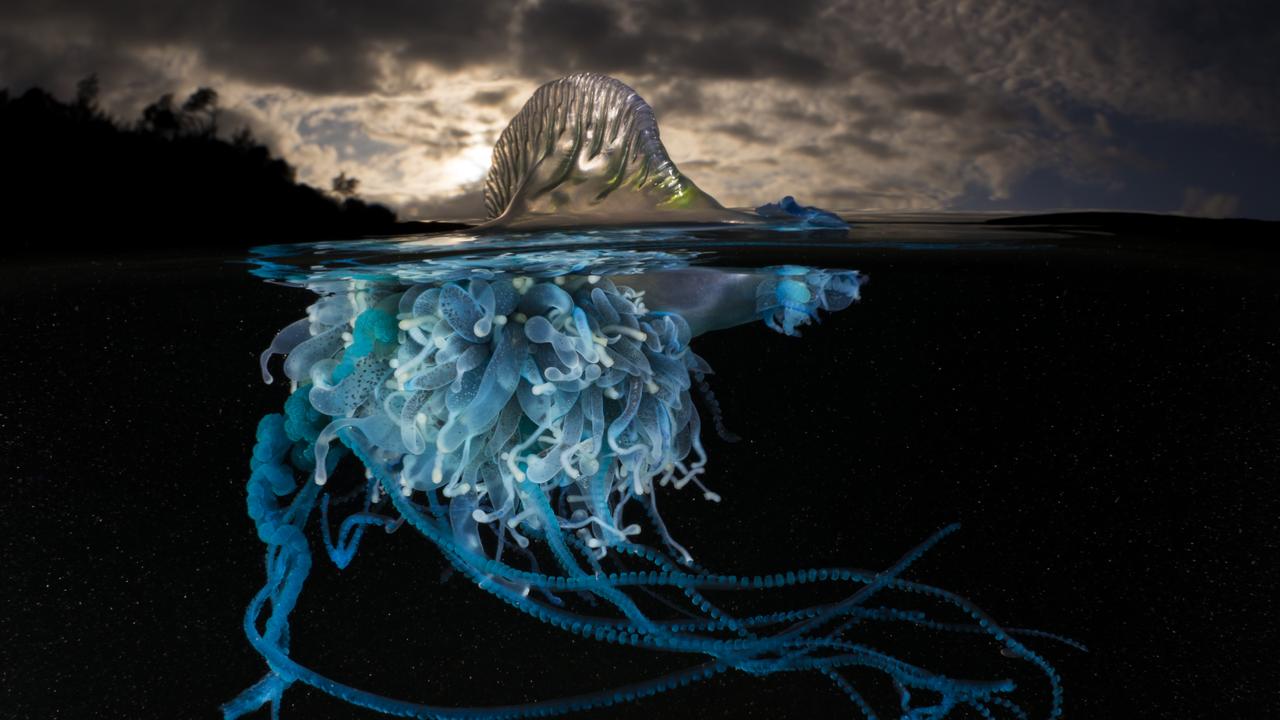Dolphins feel heat of warmer seas
One heatwave led to a catastrophic 12 per cent fall in the survival rates and numbers of calves among dolphins in WA.

A single heatwave led to a catastrophic 12 per cent fall in the survival rates and numbers of calves among dolphins in Shark Bay, a World Heritage-listed area in Western Australia, suggesting that even larger, “smarter” mammals are unable to adapt to warming seas and heatwaves.
The finding, published in the journal Current Biology, is seen as similar to adverse impact on marine life that produced declines in calf numbers among humpback whales in the northern hemisphere, around Hawaii.
Chief author and marine scientist Simon Allen, from the University of Western Australia, says a team of international researchers assembled data after conducting 5000 dolphin encounters in the Shark Bay area between 2011 and 2017.
The team, including scientists from universities in Zurich, Leeds and Bristol, found there had been a stark fall in survival rates and fewer calves after a severe summer heatwave struck Shark Bay in early 2011.
The heatwave increased temperatures up to 4C above average in areas along 1000km of the West Australian coastline.
It coincided with flooding that wiped out more than one third of seagrass meadows that form nurseries for small fish, triggering a cascading effect on the chain of marine life.
“What we have evidence of is degrading habitat, and it’s deeply concerning that this heatwave impacted so heavily on these dolphins,” Dr Allen said. “We haven’t seen a recovery in the seabeds.”
The study found that dolphins that had learned to use marine sponges as foraging tools — a socially learned technique that helps dolphins find food in deeper channels — fared better than animals that lacked the tool-using know-how.
But they still suffered a decline of 6 per cent in survival rates. “They were just lucky to be able to forage in other niches. They still had fewer calves,’’ Dr Allen said.
The findings suggested extreme weather may be too sudden or disruptive for even highly adaptable animals to respond to.
“The concerning thing is that just one heatwave impacted on smart flexible animals we had hoped would be able to adapt,” Dr Allen said. “It suggests they are in trouble because there’s already ample evidence that extreme weather events are occurring more frequently and lasting longer.”


